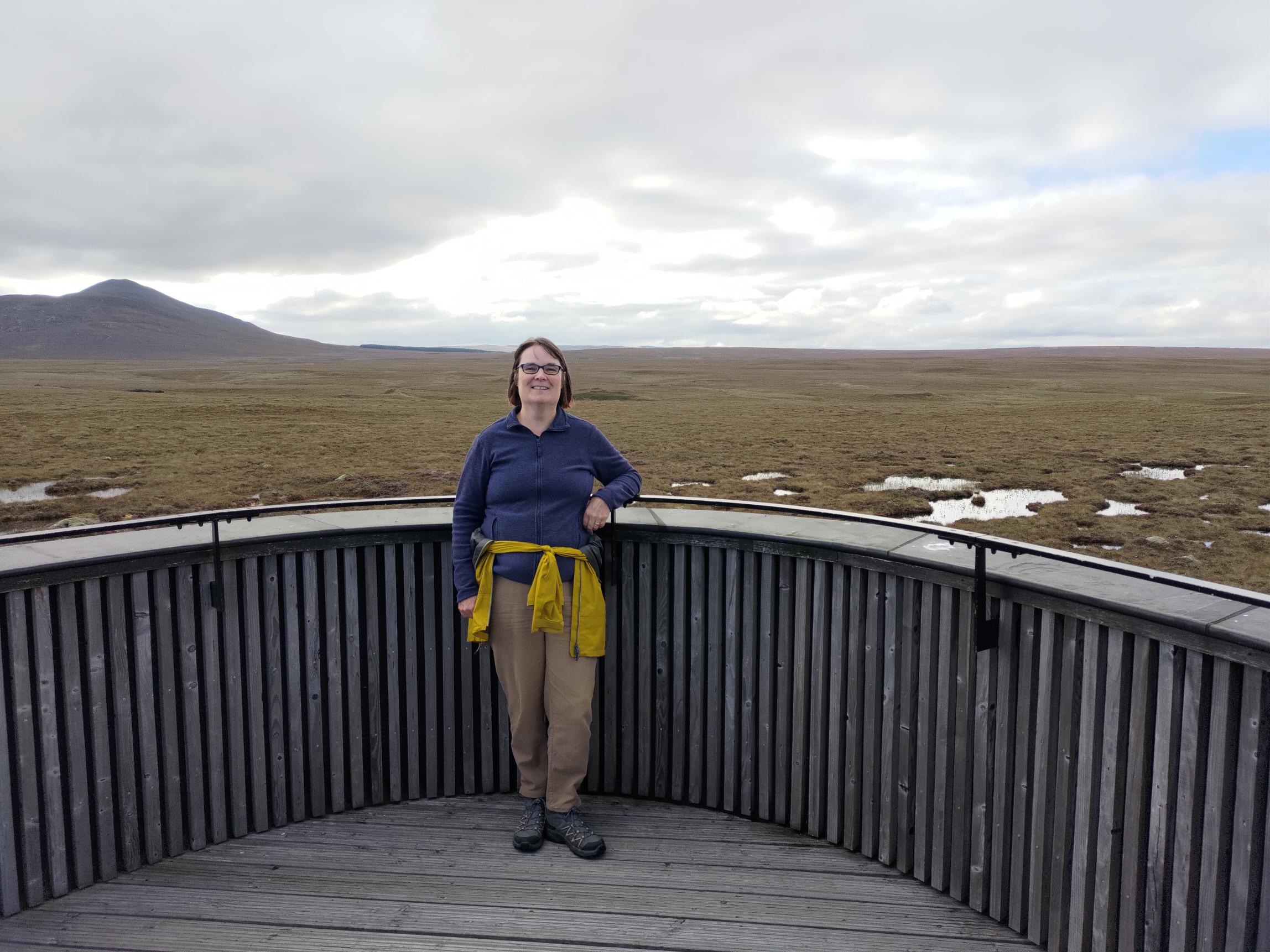
Guest blog by Jenny Barrett, Wellbeing HR Manager at RSPB
“Your organisation is just about running bird reserves, isn’t it? Surely that is good for people’s wellbeing?” This was the reaction of a friend when I was appointed in December 2022 to the new role of Wellbeing Manager in the RSPB. This is far from the whole picture.
The work of the RSPB is wider than birds; our mission states, “We protect habitats, save species, and help to end the nature and climate emergency”. We have a staff group of over 2,600 and 11,000 volunteers.
As for many organisations, wellbeing became an increasing focus during the COVID-19 pandemic. Support was put in place for the workforce, both through line managers and provision of a range of personal wellbeing and resilience resources. This secondary support was widely appreciated but there was a sense more was needed to investigate the causes of wellbeing challenges amongst the workforce and mitigation of these. My role was created to drive this strategic approach.
My appointment coincided with my final year of an MSc in Workplace Health & Wellbeing through the University of Nottingham. This course enables the study of workplace wellbeing through occupational health psychology theory and research, with a focus on the application of this knowledge in the workplace – a perfect fit for my new role. My dissertation formed part of my initial evidence-gathering phase about where we are with workforce wellbeing. I interviewed 23 of our middle managers about what promoted and impaired wellbeing and their thoughts on what could be improved that.
My findings revealed three high level themes perceived to impair wellbeing:
- The way work priorities are set
- Working from home
- Personal ideology (personal congruence with the mission brings positives to wellbeing but when the organisation’s mission is challenging, the strength of people’s commitment is high - this was perceived as potentially impairing to wellbeing)
Managers shared approaches as to how they ensured team members have clear and manageable priorities as well as ideas about how to enable connections and collaboration within remote working teams. They had fewer ideas about the personal ideology challenges.
This qualitative research generated rich data that supplemented the perhaps more common approach of using quantitative staff surveys. They have given clues as to where to direct our efforts in seeking further evidence, developing interventions, and evaluating those. The issue of work prioritisation shows the need to embed a wellbeing lens in all we do as an organisation.
Many organisations are grappling how to promote wellbeing in remote teams in the post-pandemic environment. We are currently working with academics, to use their knowledge and skills where that can help us.
The role of meaningful work and personal commitment to our mission is an area we plan to work more on. What is the role of meaningful work in mission-driven organisations like ours? What are the effects on wellbeing of working in the conservation sector? There is some interesting research to build on around mental health in the sector, the effects of ecoanxiety and optimism and how we might protect the wellbeing of our people and support them when the causes of impairment cannot be removed.

